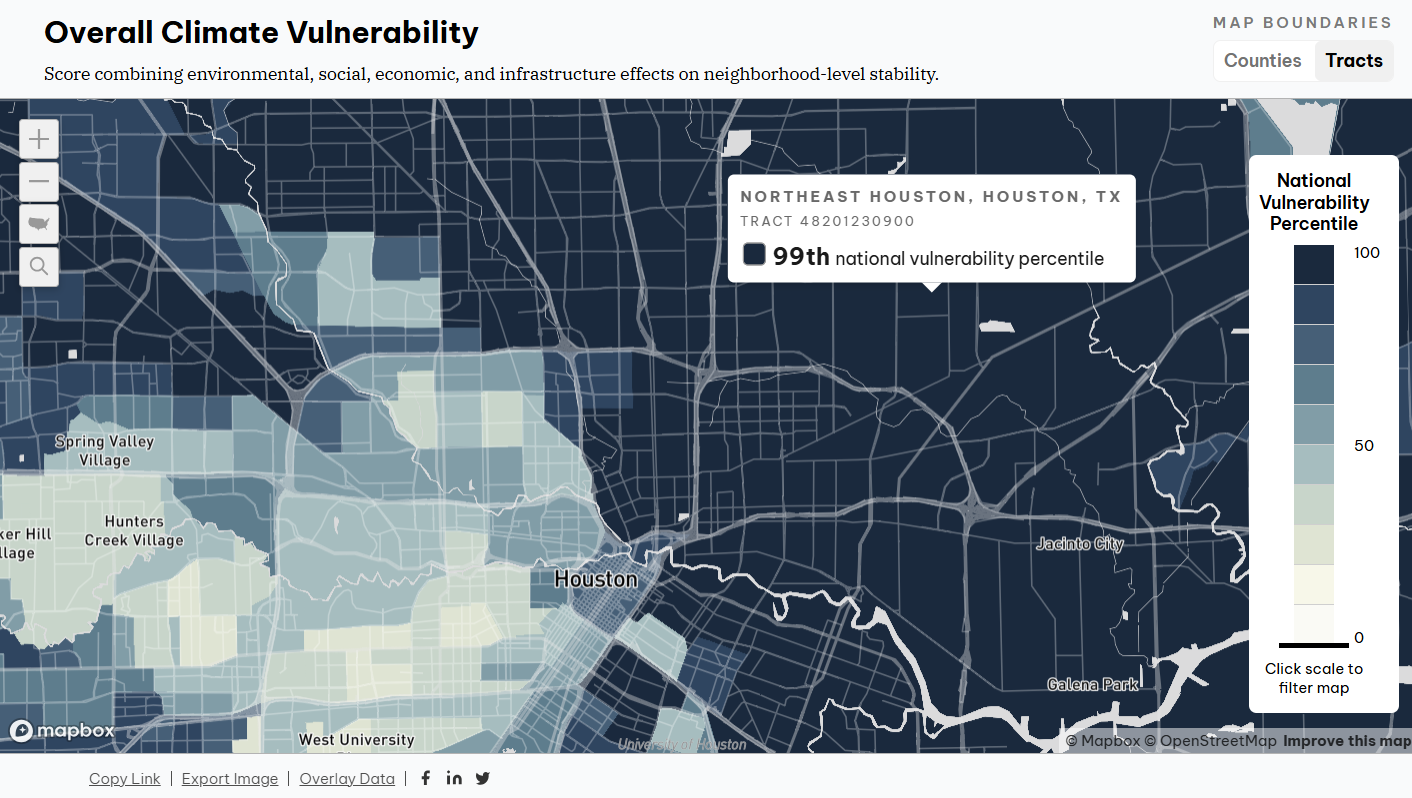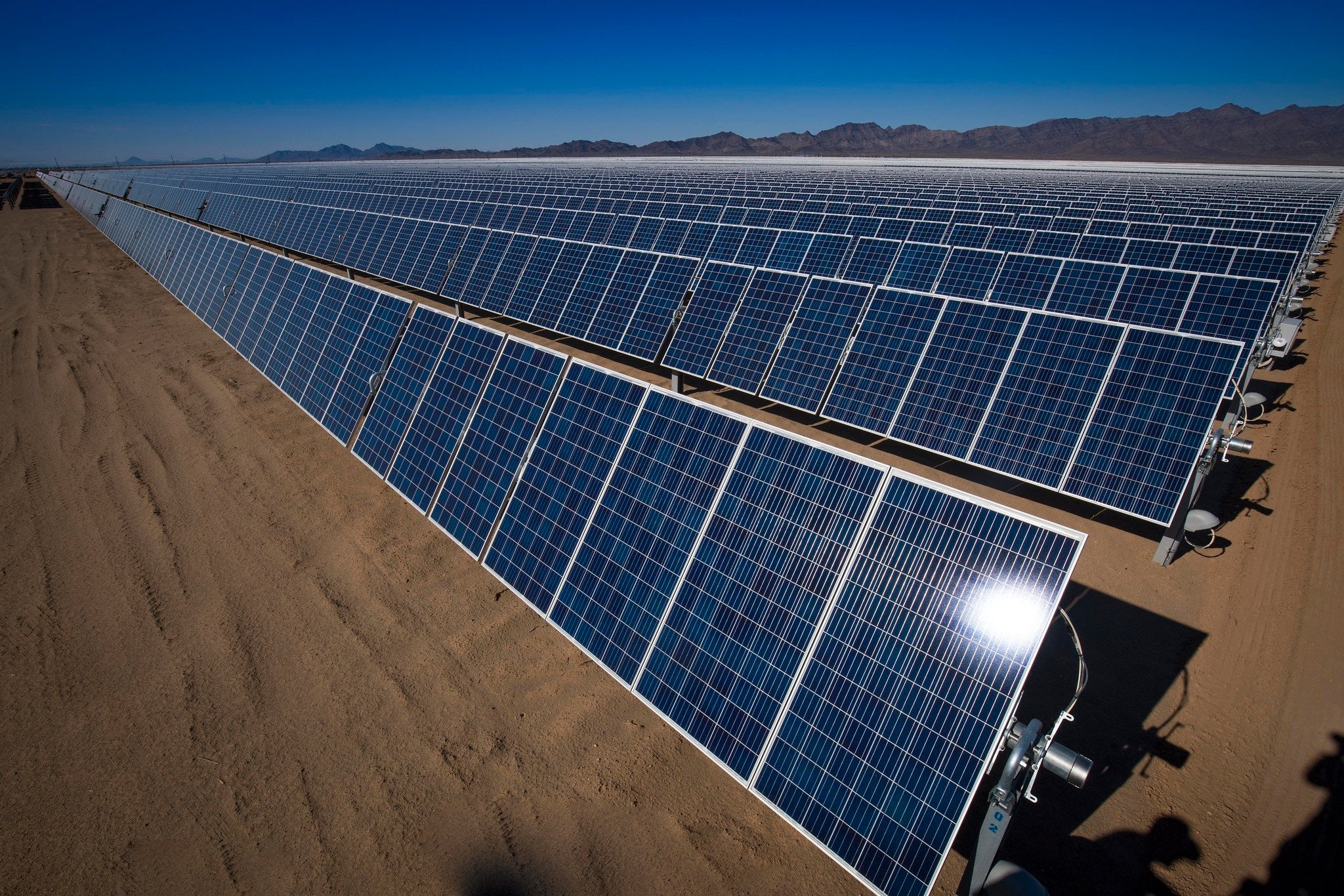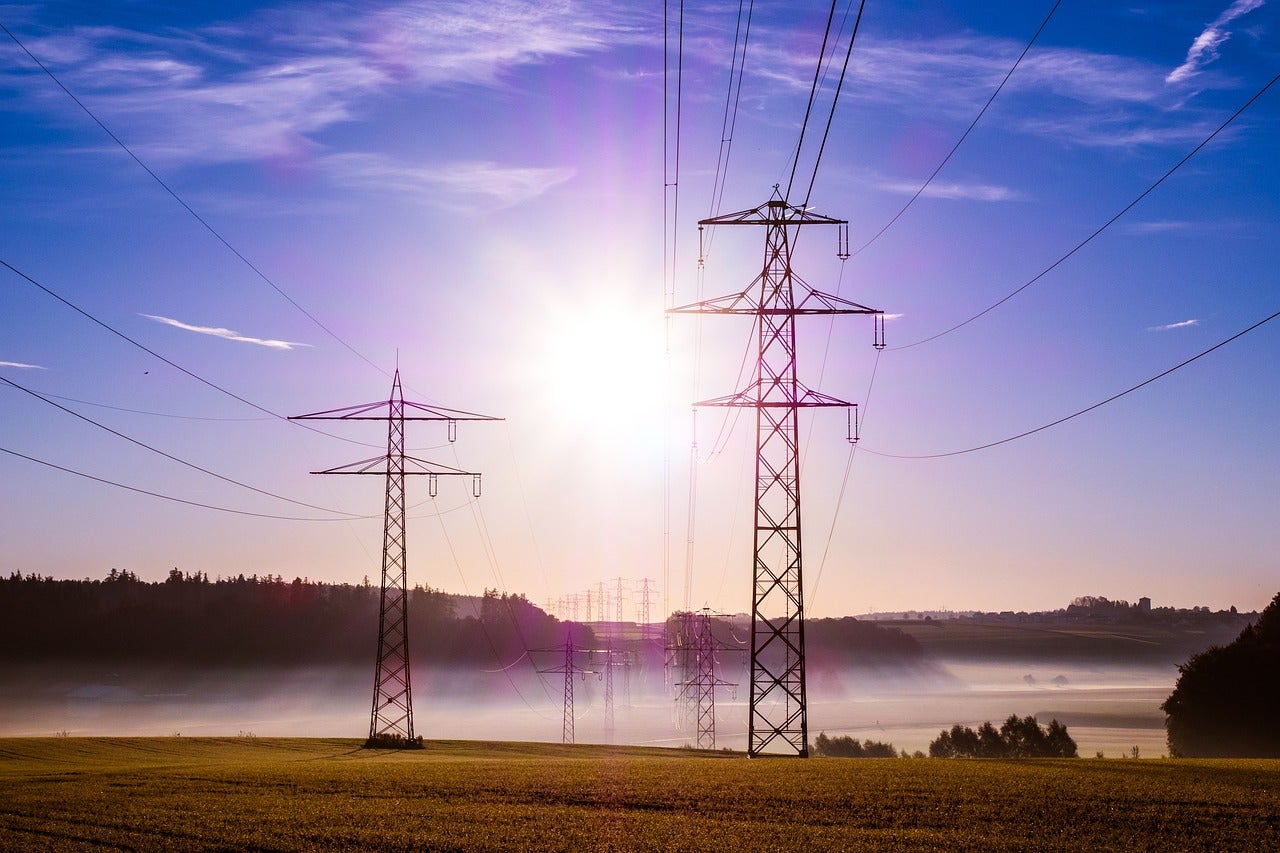
Local leadership on climate takes center stage at the African American Mayors Association Conference
Federal policies on climate and energy are changing, but the need to build resilient communities remains as urgent as ever. That was a key message that the Environmental Defense Fund brought to the 2025 African American Mayors Association (AAMA) Conference in Washington D.C., where hundreds of mayors and civic leaders from across the country shared strategies and ideas on a range of issues, with EDF lending its voice to discussions around building healthy communities and stabilizing climate.
Guided by the conference theme, “The Power of Now”, mayors sought solutions for navigating rapidly changing federal priorities and identified partnerships that can empower cities to take on their biggest challenges—like climate change.
As cuts to the federal workforce, climate databases and funding for infrastructure projects take their toll, AAMA has built partnerships with businesses and non-profits like EDF to fill some of the gaps. EDF is a strategic partner to AAMA, serving as a member of the association’s Business Council and aligning on stabilizing climate and building healthy communities. During the conference, mayors discussed how EDF resources were enabling them to tackle localized environmental challenges and connect with opportunities for funding infrastructure and resilience projects affected by federal cuts. “Addressing climate and addressing environmental justice is all a part of what we need to be focused on as mayors. It affects educational outcomes, it affects public safety, it affects economic opportunity,” said Justin Bibb, mayor of Cleveland, OH.
Our conversations at the conference highlighted many resources and opportunities—here are the key ones that mayors should know about.
Resources and Opportunities
Webinars
Webinars are one channel for mayors to tap into resources on timely topics. In 2024, EDF hosted a training on creating climate action plans that mayors can use to prepare their communities for the changing world—while developing the local workforce and finding ways to drive down energy costs. In the coming months, EDF will be hosting webinars on strategies for lead pipe replacement, transitioning to electric vehicles and using mapping data on air pollution to act on local health concerns. These trainings are designed with the input of local leaders, equipping them to meet pressing needs while serving as a lasting point of reference.
Mayoral Roundtables
For mayors, climate change is just one issue of many on their plate. Understanding community needs and priorities is essential to finding holistic solutions for climate, workforce and health challenges. Mayoral roundtables are one option. EDF works with local leaders to identify who needs to be in the room to speak candidly about the issues they’re facing, whether it’s community stakeholders, business leaders or others. Each looks different—in Long Beach, CA, a roundtable dug deeper into the city’s efforts to cut pollution that’s historically affected disadvantaged communities in West Long Beach while also attracting new economic opportunities.
Build Climate Resilience with the Climate Vulnerability Index Tool
For mayors making the move from climate concern to real, community-centered action, the Climate Vulnerability Index (CVI) offers vital insights. Climate vulnerability describes the systemic and historic inequities that are worsened by a changing climate. The CVI allows local officials to search by location and view their overall climate vulnerability and the conditions that shape it – from quality of housing and access to supermarkets to proximity to toxic waste sites and number of deaths from air pollution. For example, census tracts in Houston’s Settegast community rank in the 99th percentile for overall vulnerability. The CVI shows what is driving vulnerability, including low chronic disease prevention, high exposure to harmful pollutants like soot and inadequate access to fresh, nutritious food. This level of detail helps mayors better target investments in resilience, so that communities have the resources and support they need as climate threats like heat waves, storms and wildfires get worse.

It’s important to note too that investing in resilience has benefits beyond getting communities safely through the next storm. When mayors and local leaders invest into resilience and climate solutions, they also attract economic investment. Companies looking for stability will turn to cities and towns that have put in the time and energy to ensure their communities are prepared for even the most unexpected climate outcomes.
Public health and pollution monitoring tools
The harmful effects of climate change and pollution fall more heavily on Black and brown communities – and that means these communities experience greater health and economic harms. Listening and engaging with communities affected by pollution should be a priority for local leaders seeking to tackle environmental justice issues. To help inform those conversations, a range of EDF tools can provide more data and insights. The Mayor’s Roadmap for Lead Pipe Replacement lays out six key priorities for protecting their residents from lead in drinking water, as well as the health and economic benefits that come with replacing lead pipes. For communities near large polluting facilities, the Chemical Exposure Action Map and the Petrochemical Air Pollution Map visualize sources of pollutants, describe their health impacts, and provide support for local leaders advocating for stronger public health safeguards.
Although the federal government is pulling back on funding and resources for cities and towns, this year’s AAMA conference showed that local leaders are still stepping up to the challenge of climate change. Climate preparedness is non-partisan, and mayors that help their communities prepare can work towards stronger infrastructure, improved public health, and economic prosperity simultaneously. “Now is the time where we dig in locally, and we find our own solutions, and drive our own destiny,” said Paul Young, mayor of Memphis, TN.
See our full list of resources and tools for local officials












